melasma TREATMENT TORONTO
The best Melasma treatment is with the Aerolase laser, which is attracted to the pigment present in the affected area. To lighten the stain, multiple laser treatments are required.
The best Melasma treatment is with the Aerolase laser, which is attracted to the pigment present in the affected area. To lighten the stain, multiple laser treatments are required.
Melasma is a type of hyperpigmentation on the skin. It is a harmless skin condition. It doesn’t itch or hurt, and it doesn’t become malignant. It appears light brown, dark brown, and bluish patches or freckle-like spots on your skin.
These brownish patches can appear on the face, neck, chest and forearms. Women are more prone to melasma than men, about a 9:1 ratio. Onset starts during pregnancy and can continue into their 60s and beyond. There is no cure for melasma, only treatment to reduce and suppress it.
Melasma is one of the most challenging skin problems to treat as it is multifactorial. Many factors contribute to melasma. The factors that cause melasma to occur in the first place will continue to stimulate the skin to develop more melasma if the patient is still exposed to them.
Melasma has two leading causes: radiation, whether ultraviolet, visible light or infrared (heat) light, and hormones. Ultraviolet and infrared radiation from the sun is vital in making melasma worse. Hormones like estrogen and progesterone may play a role in some women.
Other triggers that can cause melasma to include:
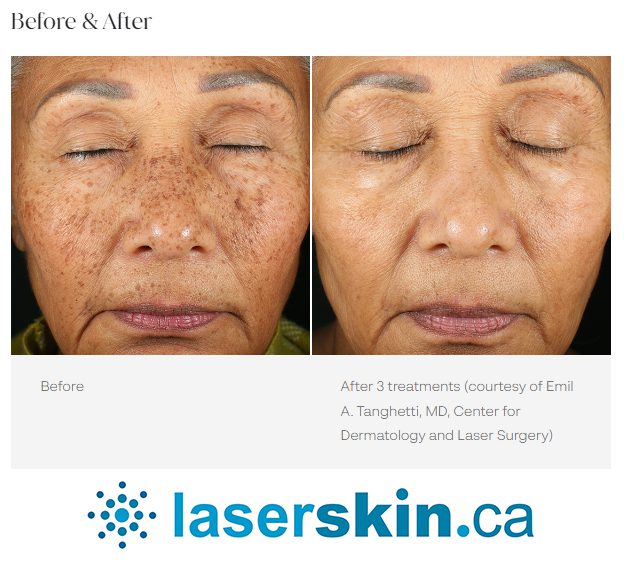
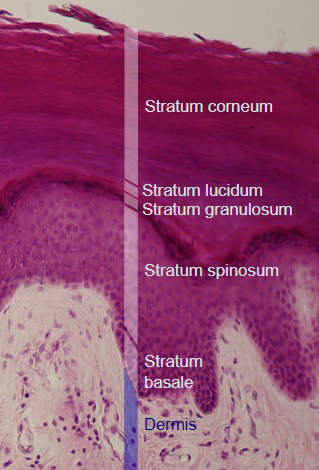
The layer of the epidermis. The stratum lucidum lies between the stratum granulosum and stratum corneum of the epidermis, appearing smooth and almost translucent.
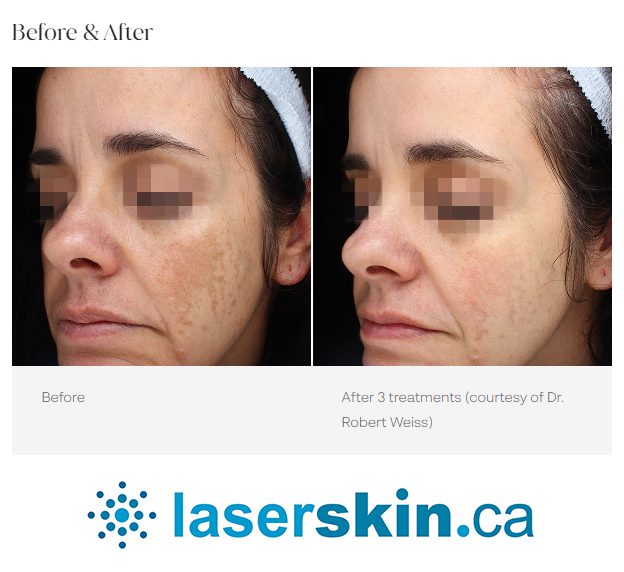
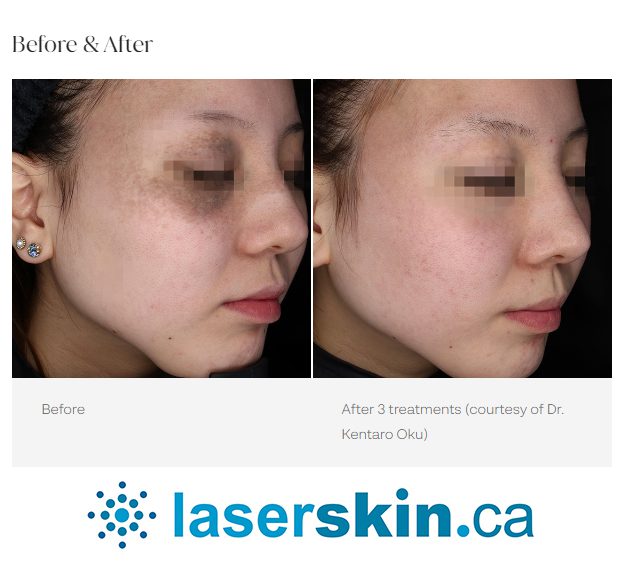
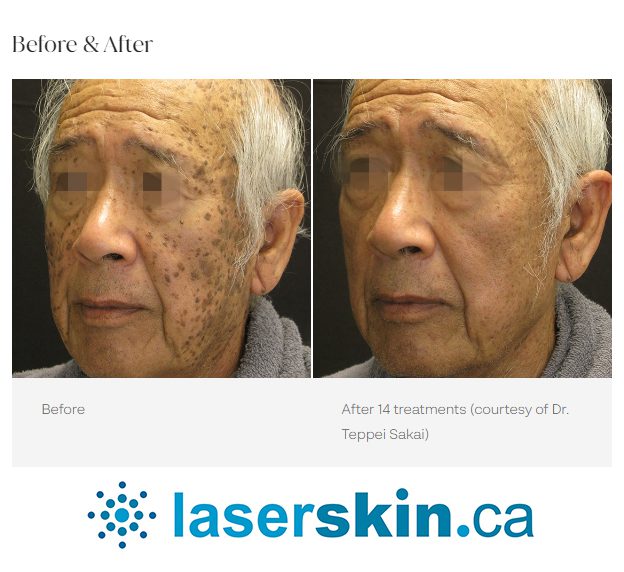
In a study of four women treated with Picosure lasers for facial melasma, assessments in four weeks and six months after treatment showed success in reducing their melasma. They did not report side effects like dermatitis or hyperpigmentation, showing that, on the whole, PicoSure lasers are safe and effective.
1. PicoSure uses picosecond pulsed laser energy
PicoSure’s enhanced laser treatment targets the skin in increments of one-trillionth of a second. It creates short pulses of laser energy that go straight to the pigment of your melasma, breaking it apart so your body can naturally flush it out.
Other treatments for melasma can sometimes cause discoloration or other effects on the surrounding skin. But with PicoSure, the pigmentation in the melasma skin patch is specifically targeted for treatment, improving the look of your problem areas while protecting the surrounding skin.
3. The treatments are short and only cause minor discomfort
Conventional treatments for melasma may have been long-term treatments, in which you had to do many and wait to see results. With PicoSure Laser, the laser treatments are about 15 to 30 minutes. During the treatment, there is only a bit of minor discomfort. Depending on your specific skin condition, you may see results in only one session, or you may need several to achieve your desired appearance.
4. With other types of lasers, the treatments could make the melasma worse. With heat-based lasers, extreme heat can even cause melasma to recur. PicoSure, however, is different. The technology used in the PicoSure laser is designed to combat the destructive processes in other types of heat-based lasers. With the picosure laser, there is less time for heat damage within the skin.
5. PicoSure treatment improves your skin besides reducing melasma.
While doing the pico treatment for melasma, you will find that it also will improve the tone, elasticity, and texture of your skin. The laser smoothes and improves the overall appearance of your skin, reducing wrinkles, sun spots, and acne scars, so skin rejuvenation is a bonus for the melasma treatment.
The Aerolase laser is a superior choice for treating melasma due to its unique technological edge and exceptional precision. Unlike many other lasers, the Aerolase laser operates with a 650-microsecond pulse duration. This revolutionary feature allows it to target pigment irregularities associated with melasma without causing significant thermal damage to the surrounding skin. This laser’s ability to deliver energy quickly and precisely to the affected areas minimizes the risk of heat accumulation, reducing the potential for post-inflammatory hyperpigmentation—a common concern with other laser treatments for melasma. Moreover, the Aerolase laser’s versatility enables it to effectively treat various skin types and tones, providing a safe and efficient solution for individuals with melasma concerns across diverse skin complexities. Its remarkable efficacy and minimal discomfort during treatment positions the Aerolase laser as an optimal choice in the battle against melasma, offering patients promising results with reduced downtime and fewer side effects.
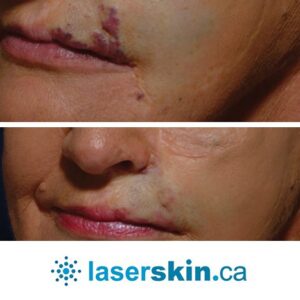
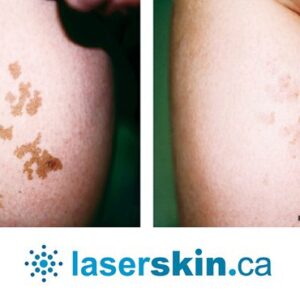
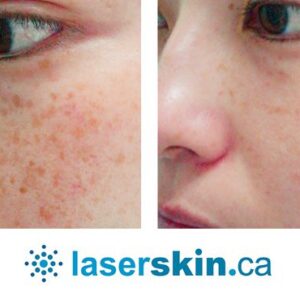
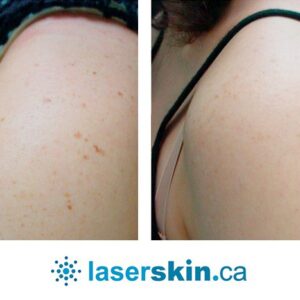
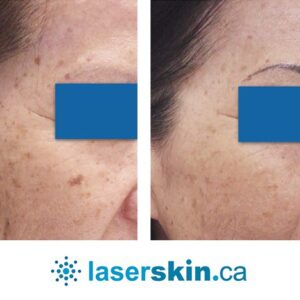
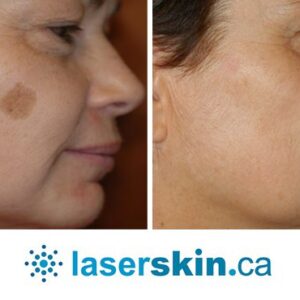
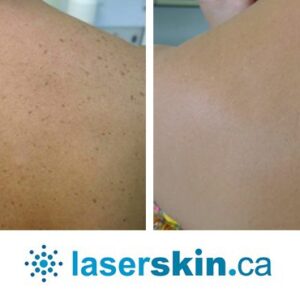
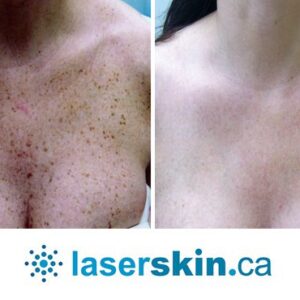
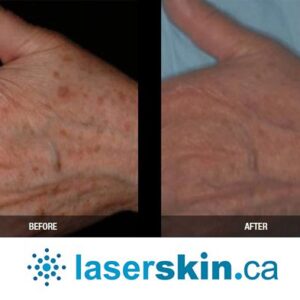
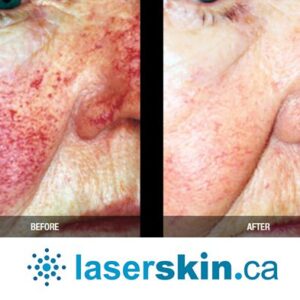
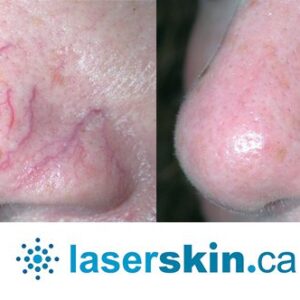
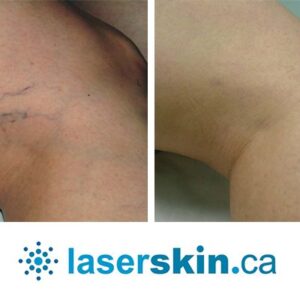
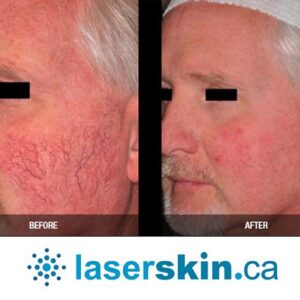
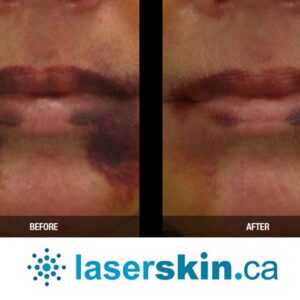
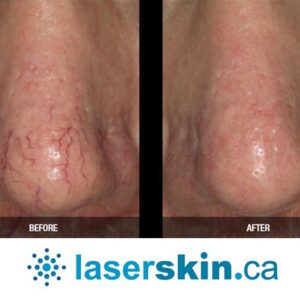
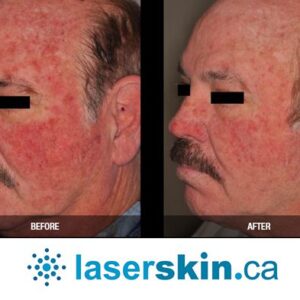
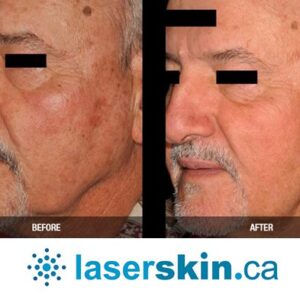
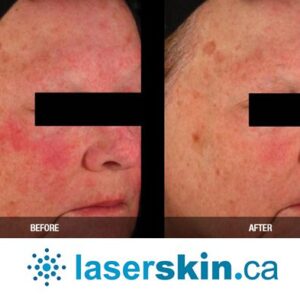
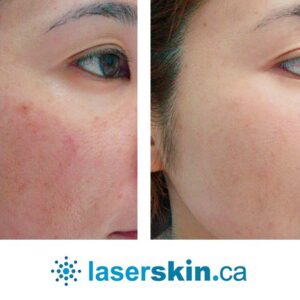
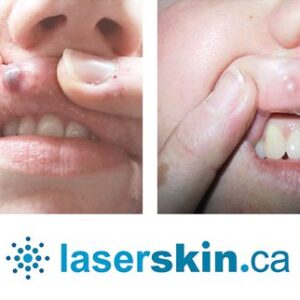
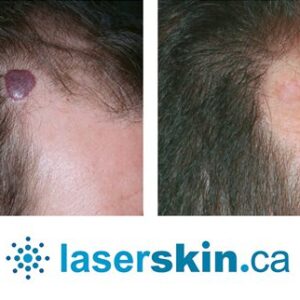
Conclusions: A 755-nm picosecond laser is safe and effective for the treatment of melasma in dark-skinned individuals.
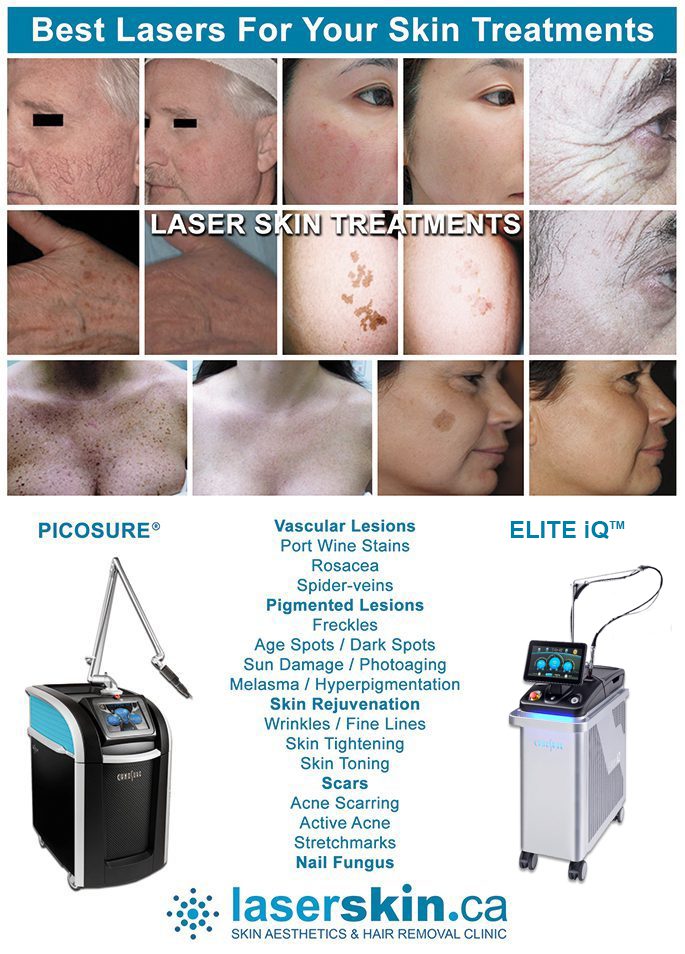
By providing your phone number you agree to receive informational text messages from laserskin.ca. Consent is not a condition of purchase. Message frequency will vary. Msg & data rates may apply. Reply HELP for help or STOP to cancel.